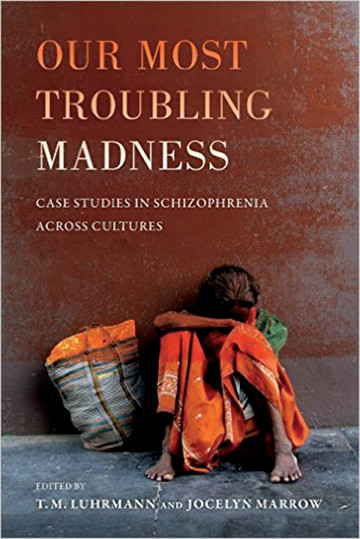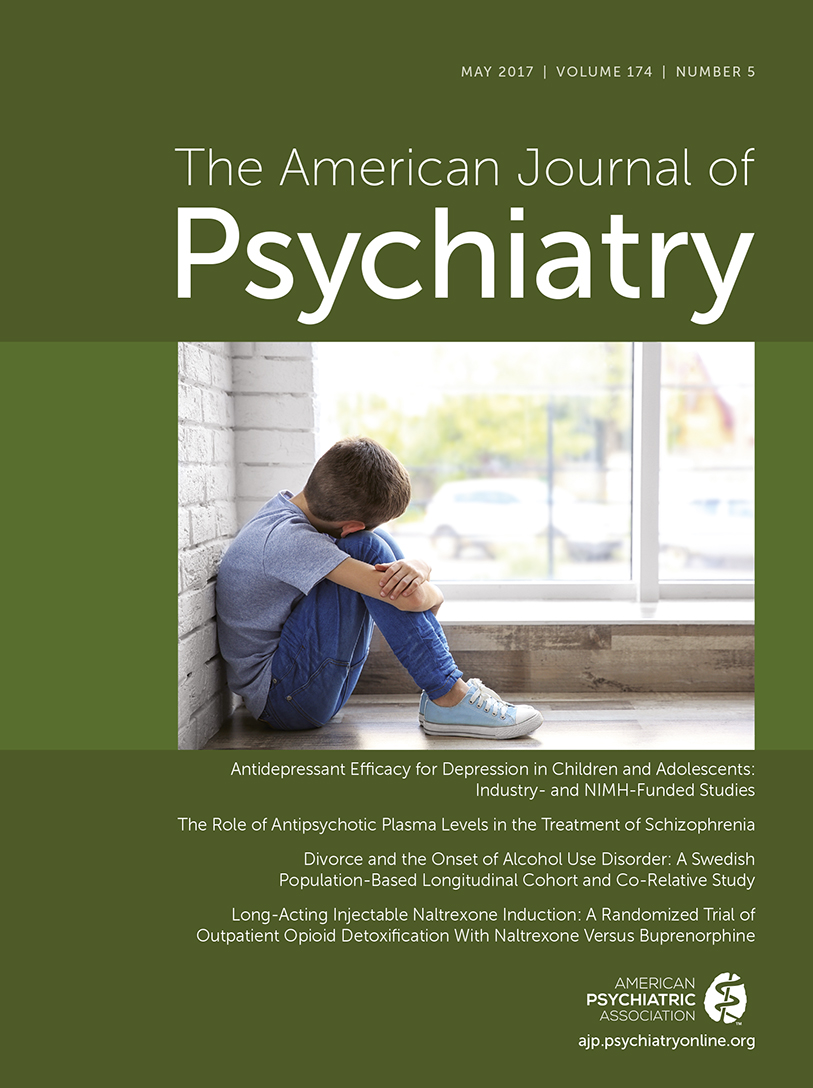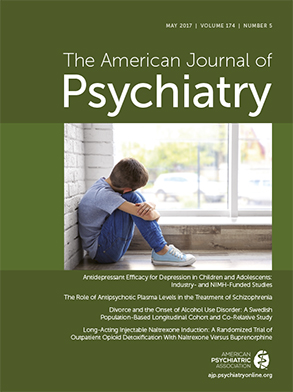For the past four decades, most researchers have observed that persons living with schizophrenia in developing countries have better outcomes than their Western counterparts (
1,
2). This paradox has been attributed to sociocultural differences between the two regions, but the nature of these sociocultural factors has been elusive. For those who are intrigued by this paradox, the volume
Our Most Troubling Madness: Case Studies in Schizophrenia Across Cultures, edited by T.M. Luhrmann and Jocelyn Marrow, with contributions from several young anthropologists, is a must read.
This book, in one of the editor’s own words, “examines the way this terrible illness is shaped by its social context: how life is lived with this illness in different settings, and what it is about those settings that alters the course of the illness, its outcome, and even the structure of its symptoms” (p. 2). The book is organized into three sections. The first section starts with a thought-provoking foreword and an introduction to the rest of the book. The second section consists of 12 case studies, which are presented in a detailed and articulate manner, spanning four continents. Each case study illustrates in detail a particular sociocultural context that affects the healing process for schizophrenia. Readers can select which case studies to read based on their interest.
In summary, the case studies confirm the above-mentioned paradox. In developed countries, individuals are quickly labeled as schizophrenic and identify themselves in their day-to-day lives as, “I am schizophrenic.” This diagnosis, which is regarded as a death sentence by Western societies, is a prerequisite for obtaining health care and social services. Therefore, for affected individuals, the diagnosis becomes a part of their identity, which makes them feel less human for the rest of their lives. Worse still, the nature of the health care system does not allow family members to be actively involved in the care of those living with schizophrenia.
In contrast, the several case studies described from developing countries illustrate that although psychiatrists may indicate in patient records that one meets criteria for schizophrenia, psychiatrists may not reveal this diagnosis to the patient and family members and do not share facts about prognosis. As a result, affected individuals and their family members remain hopeful that they will improve, and family members are motivated to actively participate in the care of affected individuals. Moreover, in the developing world, society requires affected individuals only to be able to fulfill their gender and social roles in their households to be regarded as productive members of society, as opposed to the developed world where one is expected to hold a salaried job to be considered a productive member of society.
In the third and last section of the book, the editors conclude that the different social challenges experienced across different settings all have one thing in common, “the experience of social defeat” (p. 197), which they hypothesize to have effects on the body and brain that increase the risk of psychosis. The editors note that opportunities for social defeat are more abundant in developed than in developing countries, and they provide practical suggestions to improve outcomes of schizophrenia in the Western world.
Although this book falls short on details about the early social environment (e.g., perinatal, childhood, and adolescence) for the majority of cases described, it provides a great starting point where one can find the lived “social experience of schizophrenia” (p. 3). Furthermore, the book illustrates how the case studies from developing countries lend support to some of the novel approaches being used to manage schizophrenia in the United States (
3,
4). For this reason, I believe this book is suitable not only for the general public but also for scientists, clinicians, and policy makers, especially those in the field of global mental health.


